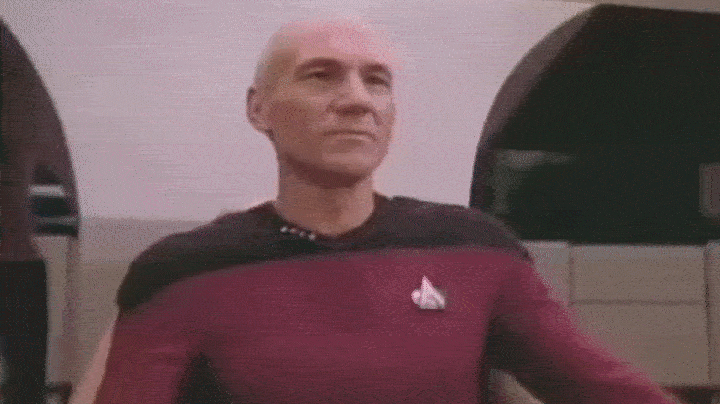Star Trek Is Broken: How It Got There And How to Fix It
Star Trek is broken and we know how to fix it. Beam over.
This article is more than 2 years old
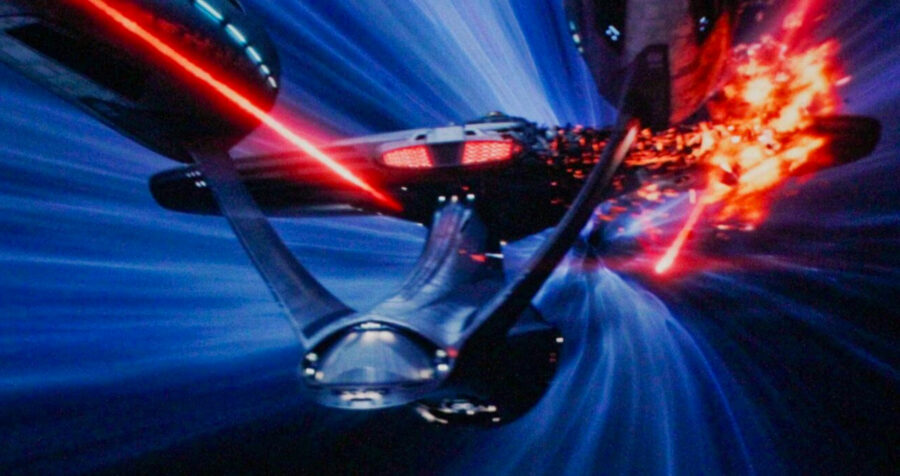
Star Trek has reached a critical moment in its history. With a number of new shows in the pipeline and continuations of current shows also planned, Gene Roddenberry’s visionary sci-fi universe has never been larger or more accessible.
But, the last decade of Star Trek has been a bumpy ride at best. At its worst, the series has become a nauseating mess. Now that a new decade is upon us, it’s time we look back at the last decade of this seminal series and admit something very damning:
Star Trek is broken.
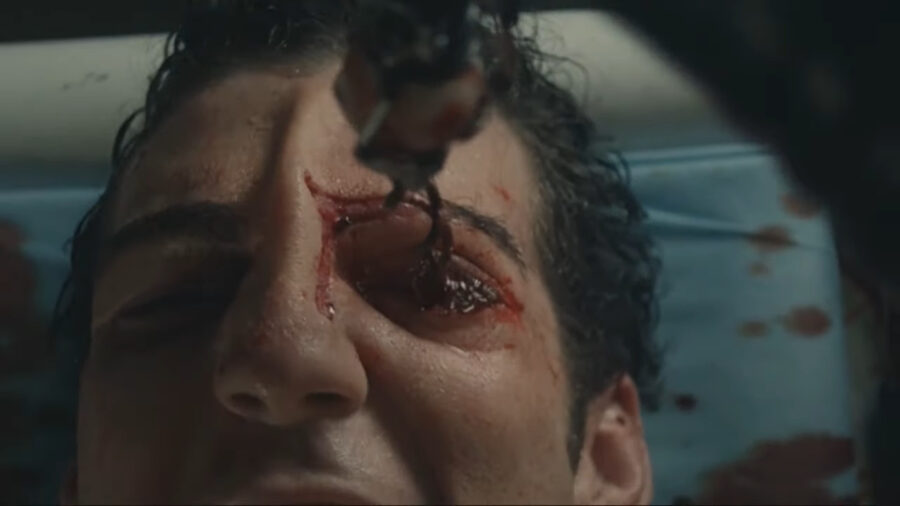
What does that mean? To really make the case for Star Trek being broken, we’re going to have to do a brief overview of everything that’s happened with the property over these last ten years. And once we have, we can evaluate what hasn’t been working and what can be done to fix it.
Because Star Trek needs fixing.
How Star Trek Broke
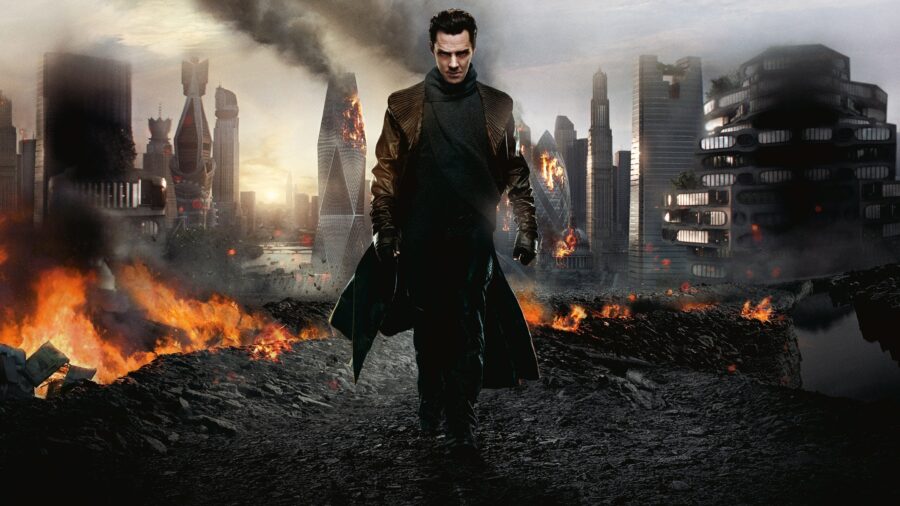
The last decade of the franchise was dictated by the radical 2009 film reboot from director J.J. Abrams. That set the focus on kinetic space battles and hyper-charging every aspect of the story and characters. On top of that, the series began to view itself with a level of self-seriousness that crossed over into po-faced posturing. This was at its peak with Star Trek Into Darkness – the nadir of this new era of Trek – and though Star Trek Beyond took a turn in the right direction, the damage to the franchise’s curb appeal had been done.
Now the series had a veneer of over-glossiness and a spotlight on intense action. This would translate to the two new shows we’d get on CBS All Access: Star Trek: Discovery and Star Trek: Picard. Both shows look overly polished and blockbustery, but end up being a lot of sound and fury that signifies nothing.
What’s worse is that the desire to take the property seriously in our modern age would end up making Star Trek a series that skewed only to adult audiences. Harsh violence, strong swearing, and an overall darker tone became commonplace in the franchise over the last decade. While these elements certainly can work in the world of Star Trek, they were never meant to be foundational aspects of the property.
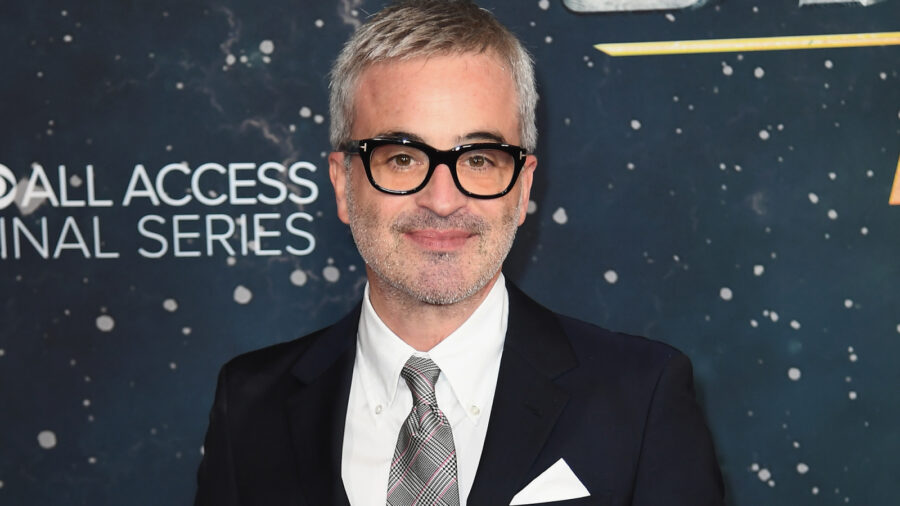
Unfortunately, the leadership of the franchise has been given over to Alex Kurtzman, who has been a producer and lead creative force in some capacity since the 2009 film reboot. If you look at the majority of Kurtzman’s body of cinematic work, it tends towards a lot of projects with tonal issues like The Mummy (2017), Cowboys & Aliens, and Transformers: Revenge of the Fallen.
Kurtzman’s interests and stylings as a storyteller don’t seem to click with what classic Trek is, so instead, he has morphed the franchise into what he finds appealing. That’s not inherently a bad thing – all artists should be able to bring their unique take to an established property – but Kurtzman’s creative instincts seem to be opposed to what made Star Trek so impactful in the first place. Instead of meditative ethical dilemmas and difficult philosophical conflicts filtered through sci-fi ideas like in classic Trek, the new era has been predicated more on surface coolness and coming across as Serious Business to the viewer.
After a decade of these edicts steering the franchise, it’s come to a breaking point. Star Trek no longer feels like its old self. It has mutated from a truly contemplative and mature series to one that tries too hard to appear to be those things. No one decision led to this result, but now that there has been an entire decade of going that route, it’s time to reassess and figure out what the next step needs to be.
How to Fix Star Trek
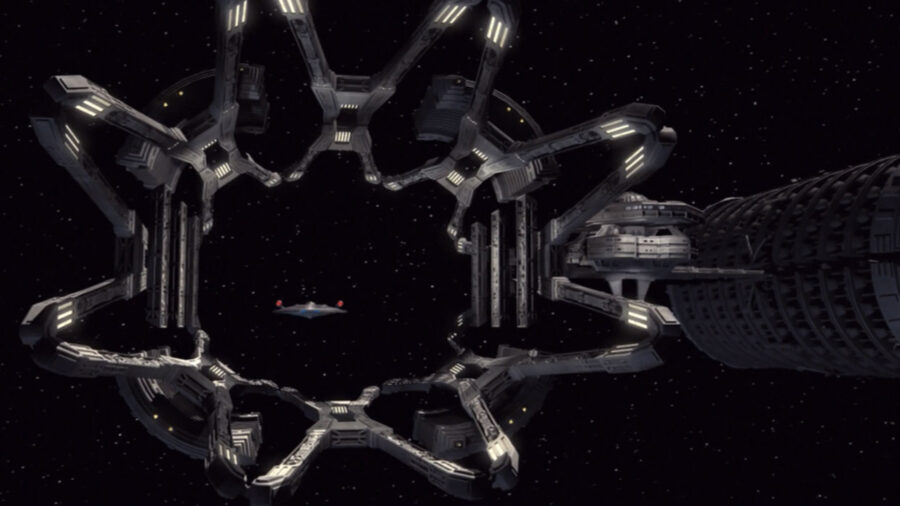
This isn’t going to be some rant about every thing that hasn’t worked in Star Trek since the 2009 reboot. It would be easy to nitpick every little thing and try to blow them up as why the series has been bad. Instead, we needed to look at the big picture and figure out what has been guiding the franchise for ten years. Now that we’ve done that, let’s pinpoint exact solutions in regards to what needs to be done to get the series headed in the right direction.
1. Alex Kurtzman Needs to Walk Away
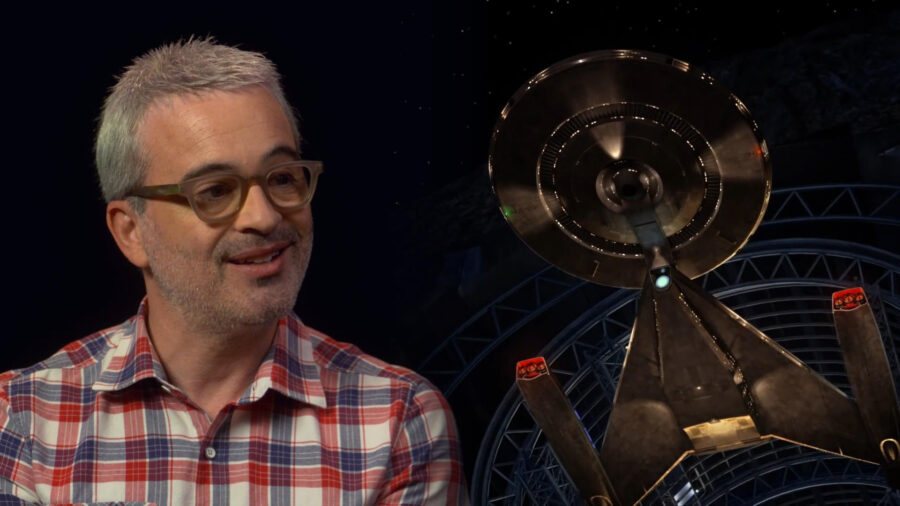
It’s unfortunate that Kurtzman’s era of Star Trek has ended up the way it has, but it feels like his guidance has run its course. Realistically, that’s not the case. He’s still listed as prominent creative positions in all upcoming Star Trek productions, but he really needs to be taking less of a leading role in the series overall. That might actually be the case (more on that later), and if so, it could prove to be a crucial turning point for the franchise.
2. No More Dark Trek
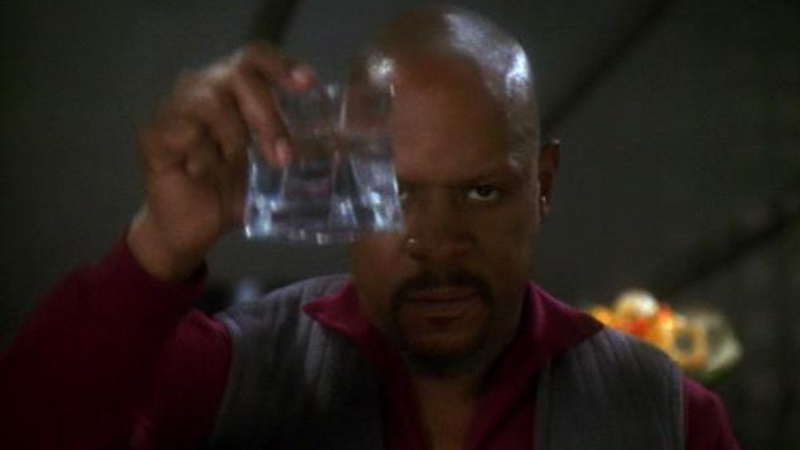
Don’t take this to mean that Star Trek needs to only focus on fluffy stories. Instead, compare the approach to mature storytelling found in Star Trek: Deep Space Nine – here’s that show’s best episode for example – to the attempt at mature storytelling in Star Trek: Picard. There is a measured and self-reflective tone to earlier shows that the new era hasn’t been able to capture. Instead, it’s simply doubled down on general bleakness and it’s taking its toll. The next phase of the franchise’s direction needs to lighten things up and learn to better balance its tonal aspirations.
3. Less Action, More Thinking
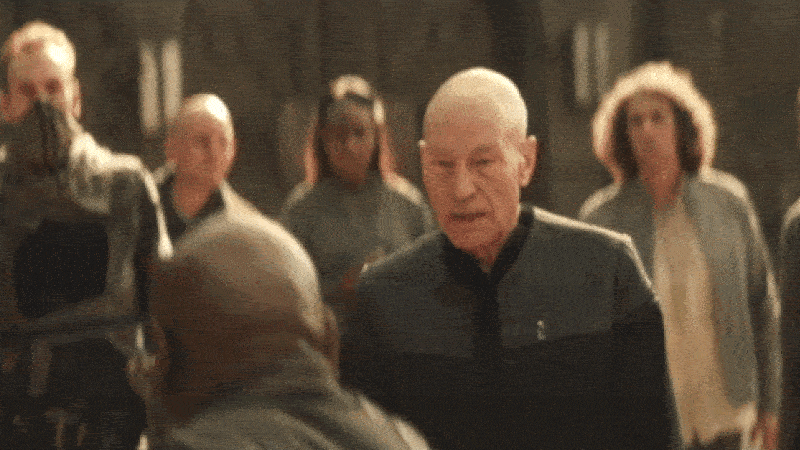
In a similar vein, this last decade of Star Trek has been founded on action taking precedence over all other features of a story. This is clearly in an attempt to attract new, younger viewers that aren’t already invested in the property. That mindset is understandable, but it has ended up warping the heart of Trek. More action has meant fewer opportunities for thoughtful approaches to individual plots and characters. Of course, there needs to be some element of action to a Star Trek story, but the franchise needs to de-prioritize action as soon as possible.
4. Get Episodic Again
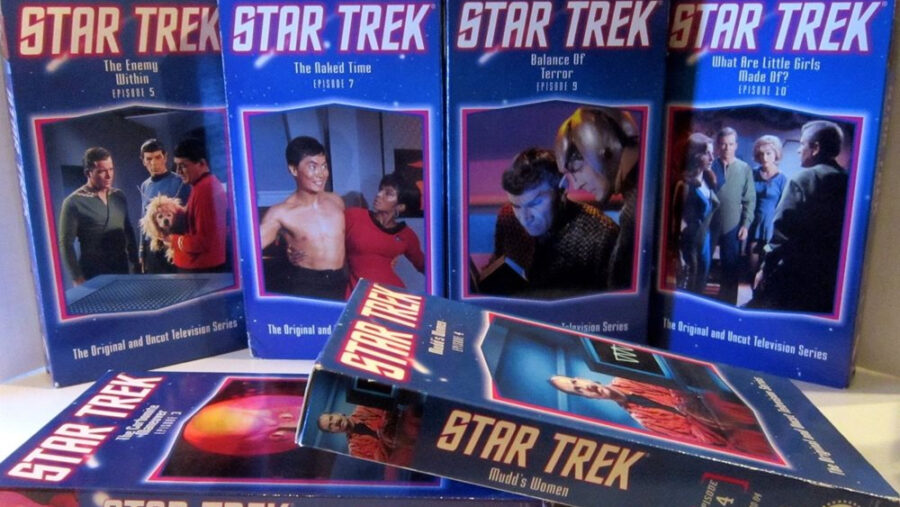
The last 20+ years of television have changed the landscape of serialized cinematic storytelling forever. We’ve come to expect a level of continuity and prestige from our television shows, especially when it comes to well-known and strongly beloved intellectual properties. Naturally, Star Trek took this course once it returned to television. However, it hasn’t had the best luck at being a serialized endeavor. The classic Trek shows certainly had continuity and serialized elements, but they mostly remained episodic in a bid to possibly attract new viewers who first stumbled upon them. That approach needs to return as it’s been the most consistently successful for Trek in the past.
And on that note, it’s worth highlighting that some of these points are possibly being addressed…
Hope Might Be on the Horizon
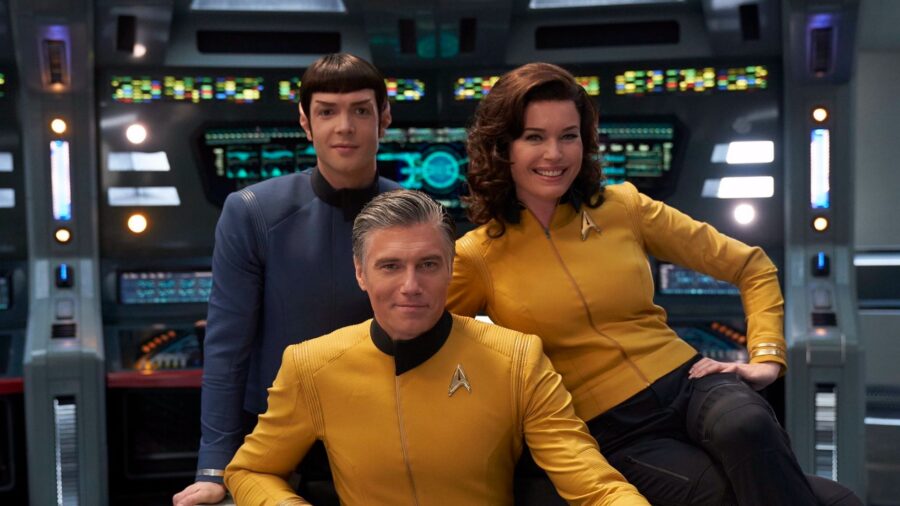
Though it’s not a perfect solution, the future of Star Trek is looking to be course-correcting a tad. Alex Kurtzman still remains at the helm, but other creative leaders are emerging. Mike McMahan is spearheading Star Trek: Lower Decks and going full-blown comedy with it. That might seem like too extreme a swing in the opposite direction of modern Star Trek, but there’s reason to give it a fair shake. And Nickelodeon recently announced a show that will be aimed directly at kids. This bodes well for where the franchise’s mindset should be: making Star Trek something that invites younger viewers and creates new fans.
And then, there is Star Trek: Strange New Worlds. It promises to take the franchise all the way back to how it started: Captain Christopher Pike and his original mission of exploration aboard the USS Enterprise. It’s fitting that Star Trek has gotten so far off from what it was that it now has to return to its origins. Maybe this will kick off a new decade of stories that start to feel like classic Star Trek, especially if Strange New Worlds shifts its focus from serialized storytelling and onto standalone adventures.
Star Trek might be broken but it doesn’t have to stay that way. This is a series that has always inspired hope in this author, so no matter how derailed it be, there’s always reason to remain hopeful. Let’s hope this next decade puts the franchise back on track and takes us boldly into the future.
